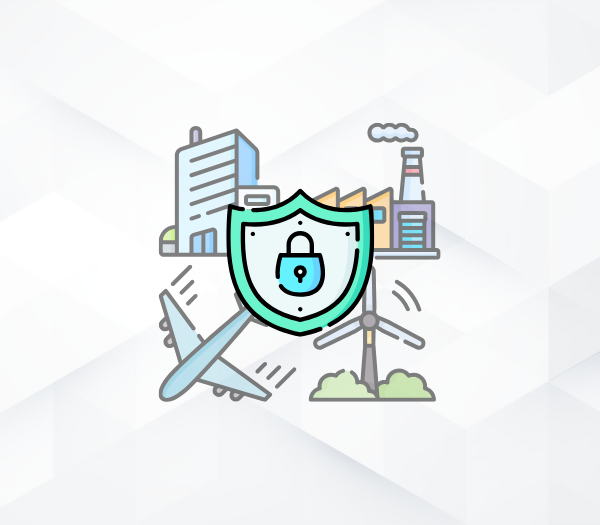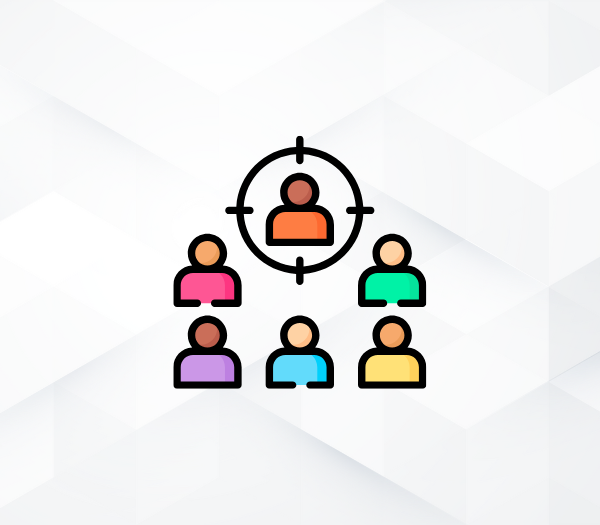Cybersecurity Trainings for the Healthcare Sector
Cybersecurity training for the healthcare sector must address the unique risks and challenges faced by an industry that handles highly sensitive patient data and relies on life-critical systems.
Healthcare institutions, although often times deemed as unethical to be targeted, can still be seen as one of the prime victims of cybercriminals. With the increasing adoption of electronic health records (EHRs) and medical IoT devices, cyber threats pose not only financial and regulatory risks but also direct patient safety concerns. RiskSight’s customized cybersecurity training programs are designed to help healthcare organizations to prepare against large-scale cyber attacks such as ransomware, insider threats or data leaks. Emphasis on air-tight security is required, as patients’ lives can directly be “on the line” as a result of possible availability-affecting cyber attacks.

Cybersecurity trainings for the healthcare sector must address the unique risks and challenges faced by an industry that handles highly sensitive patient data and relies on life-critical systems.
Trusted by
Healthcare Sector Specifics in Cybersecurity
Although several cybersecurity challenges and best practises are related to widely used IT-systems in general, there are healthcare sector specifics in cybersecurity that must be addressed separately.








